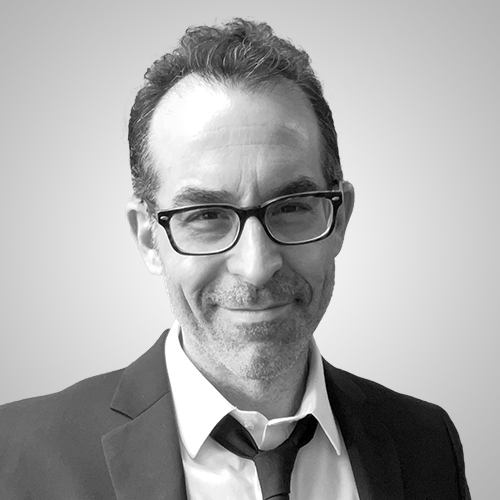Every podcast gets a beautiful, responsive website with episode pages, your images, custom pages, redirects, host and guest pages, and more. It’s all built-in.
We gather and display massive amounts of data about your unique downloads with one of the industry’s most trusted podcast hosting and download tracking systems, with IAB compliance coming soon.
Fireside provides every podcast with a free SSL (https) certificate for both subdomains and your own custom domain name, ensuring your website and all of its content is delivered to your audience securely.
Import your existing podcast with just one click, no matter where you currently host. Fireside imports all of your episodes, titles, descriptions, MP3 files, and important metadata.
Your brand matters, and Fireside makes it easy to use your own domain to create a seamless experience for your listeners. Just enter your domain name, update your DNS, and you’re done.
Your listeners want your episode the minute it’s available. We’ve partnered with the fastest CDNs around, combined with our own infrastructure, to deliver your content fast.
Fireside can import your existing podcast from any existing podcast platform or custom RSS feed with just 1-click, without losing subscribers. Although Fireside can import from any valid podcast RSS feed, we have custom importers for all platforms including:
We’ve been podcasting since 2006, and we know how to make it easier. From the link Bookmarklet to sponsor integration and management, automatic RSS feeds, and more. We’ve built tons of tools for the busy podcaster to improve your workflow, streamline your process, and create a beautiful website.
Fireside makes it easy to publish your content to all major distribution services and channels. We can distribute your podcast to Apple Podcasts, Spotify, Stitcher, TuneIn, iHeartRadio, Google Podcasts, and virtually every third-party service!
* High-volume podcasts may require special pricing
14 day free trial. Cancel any time.
We are podcasters, just like you. We work hard so you don’t have to.


